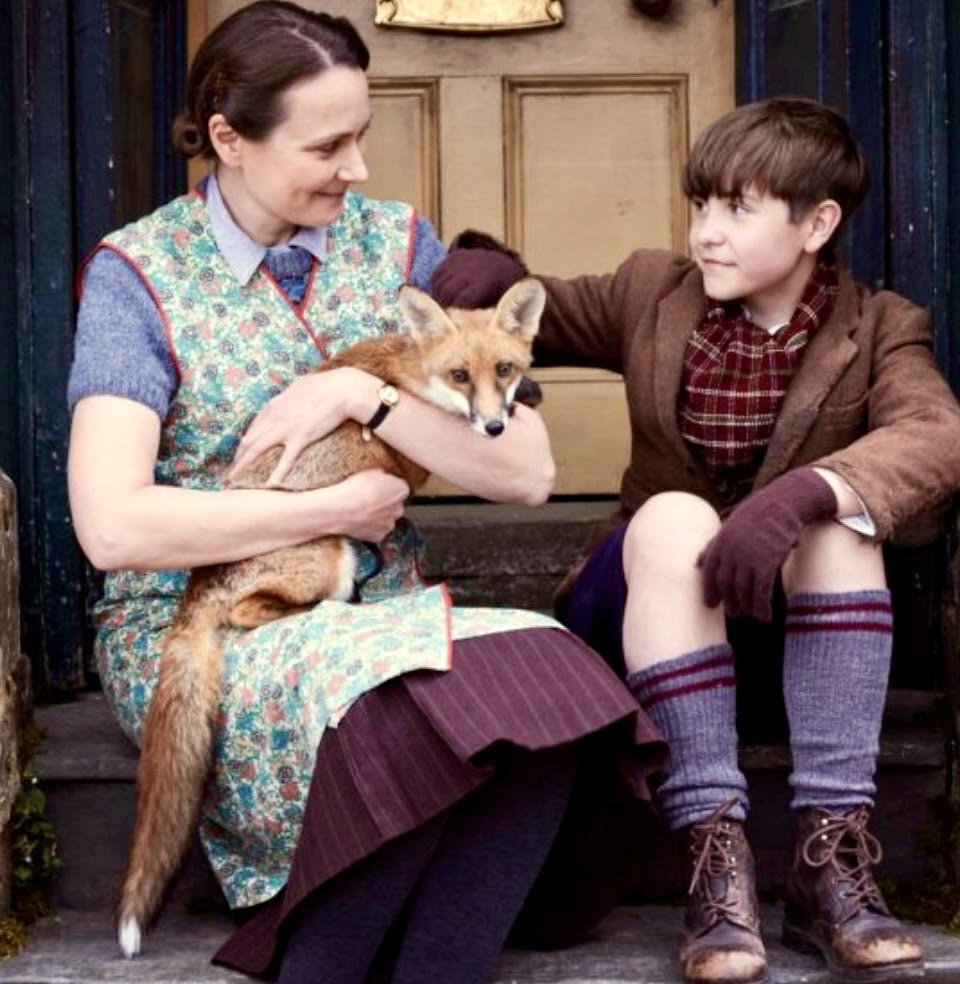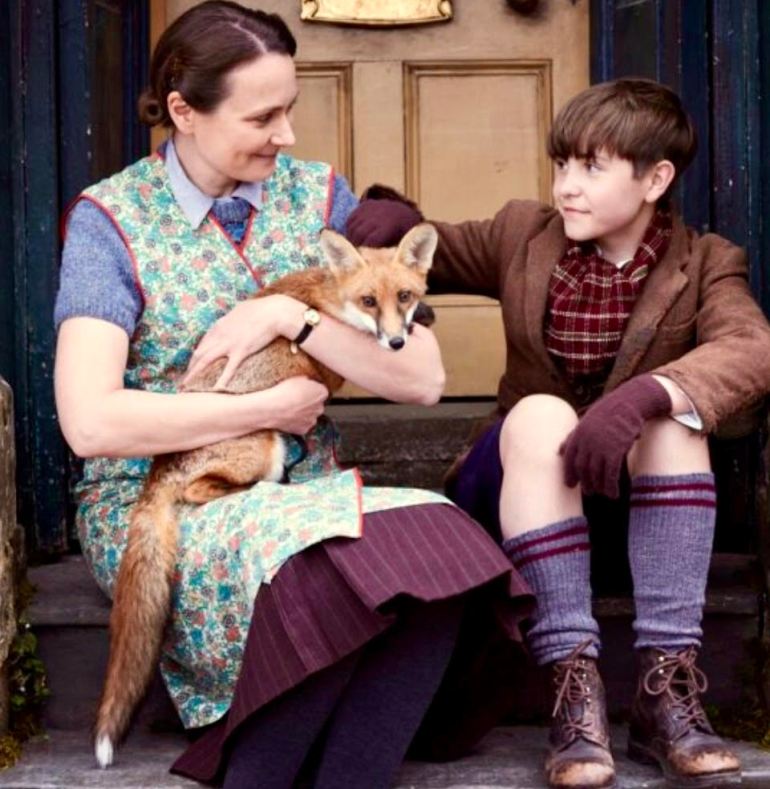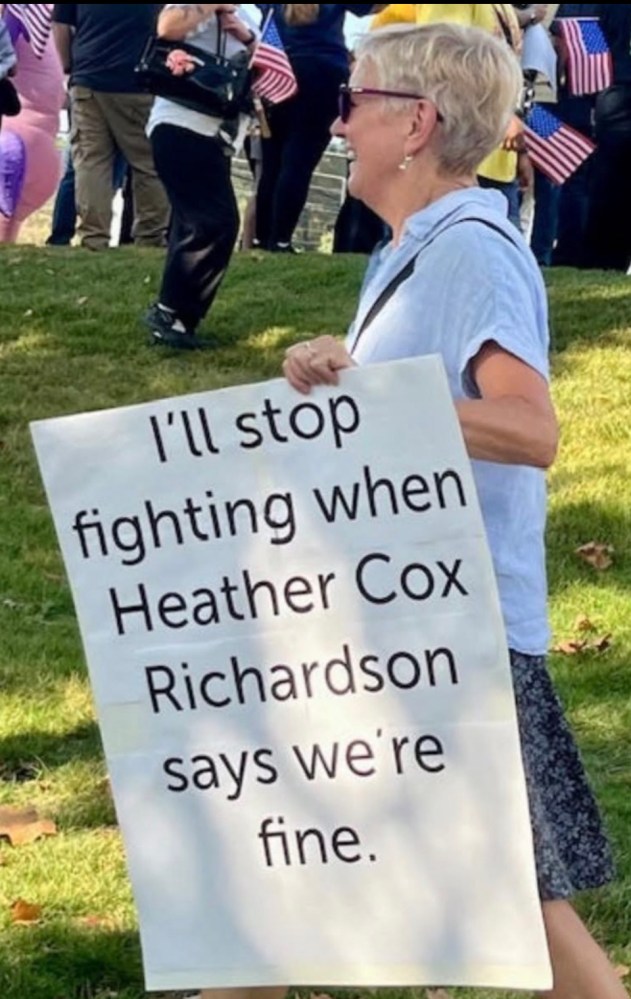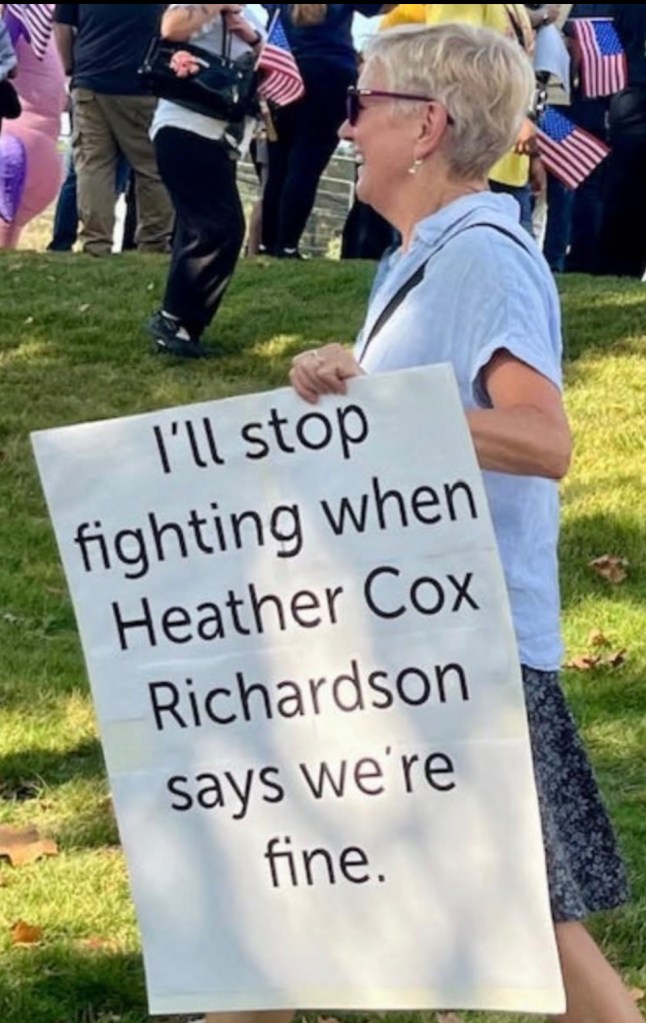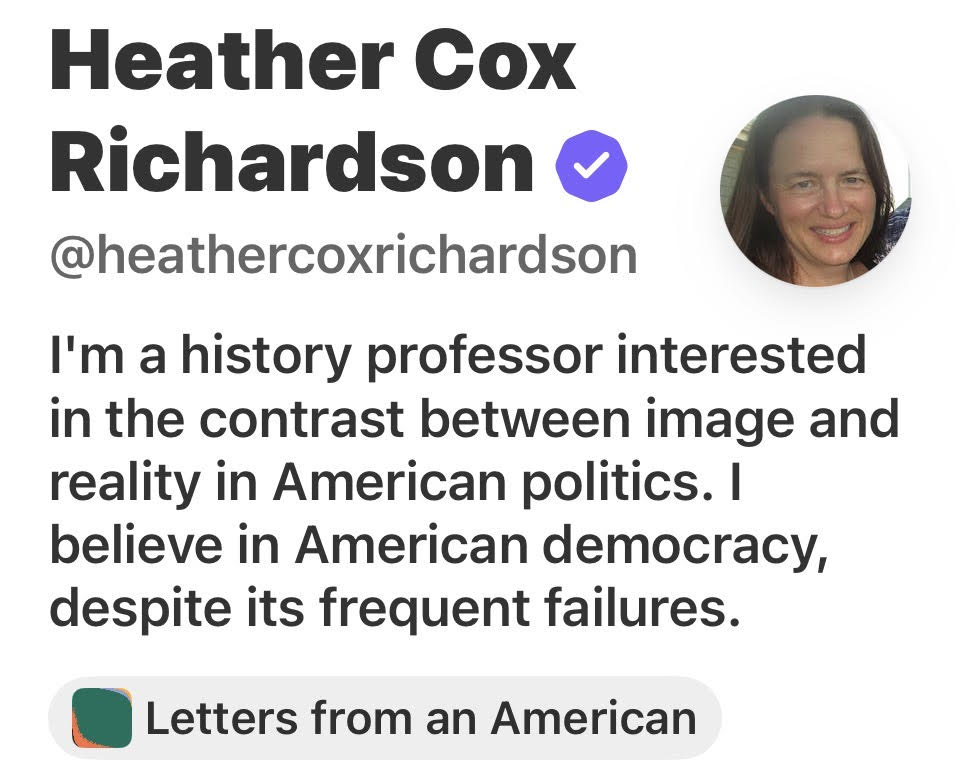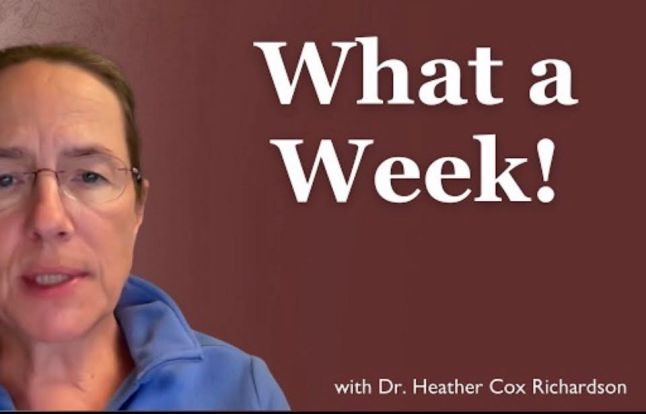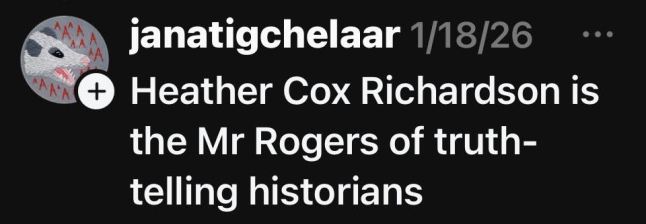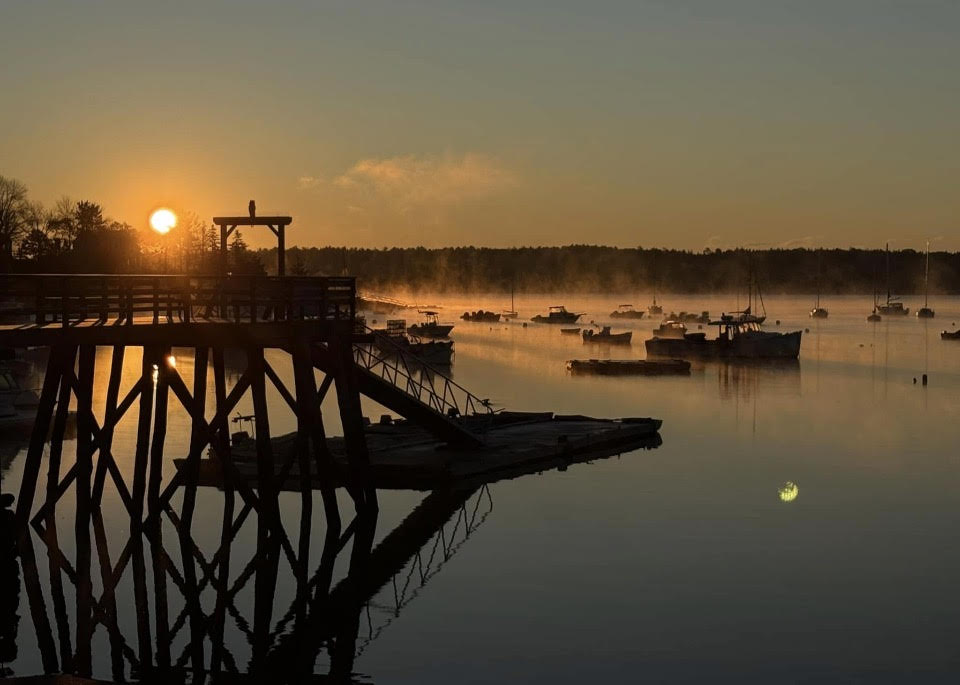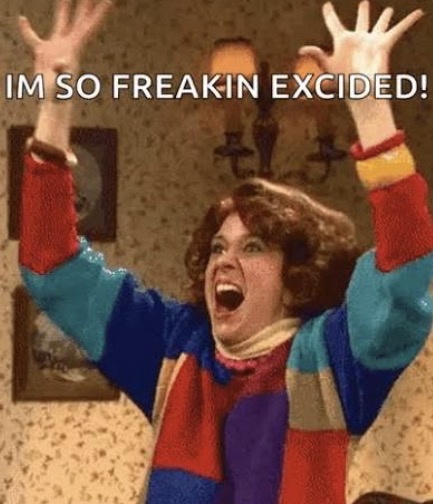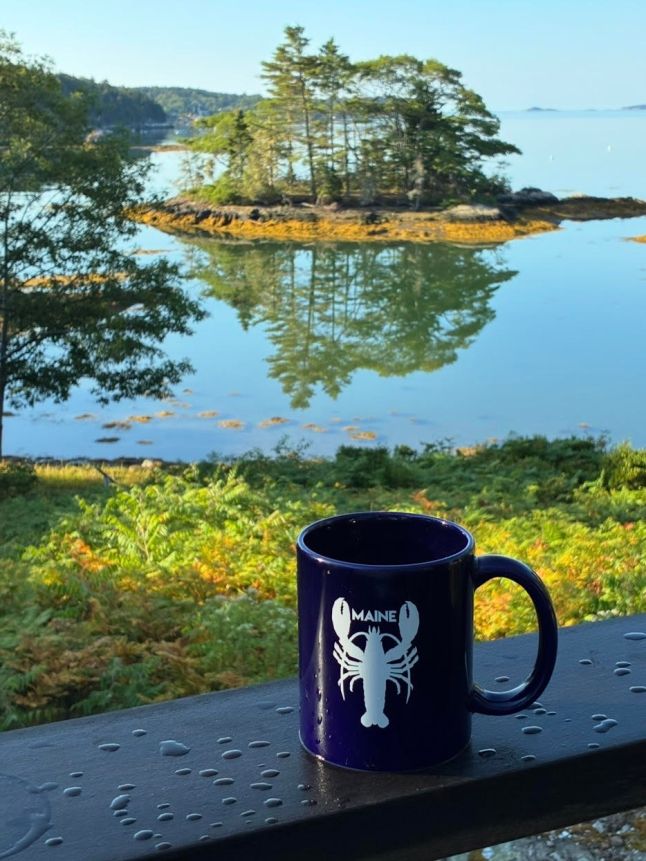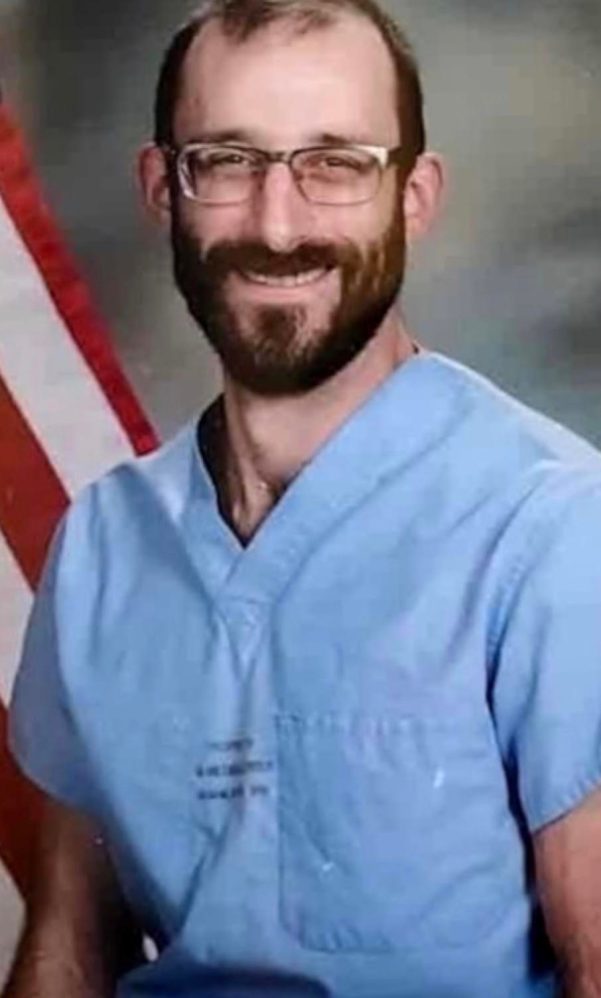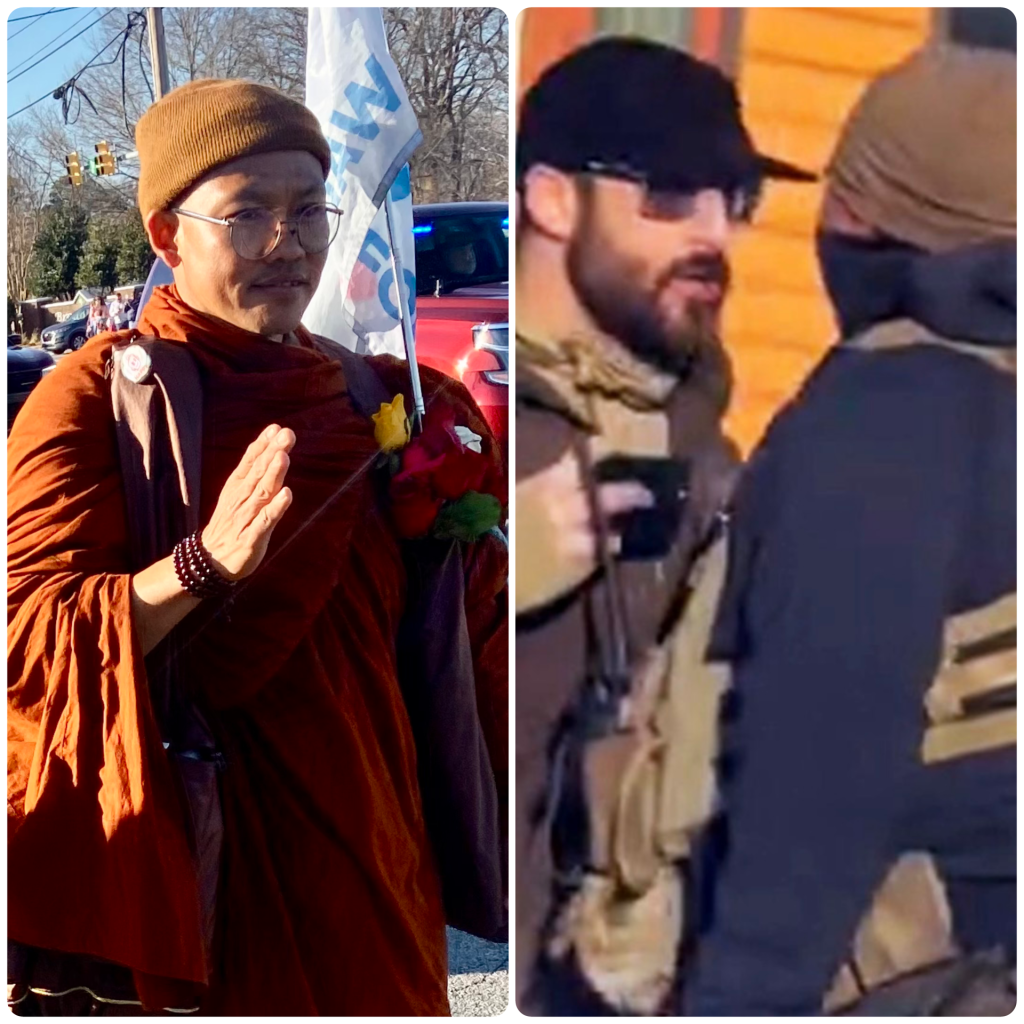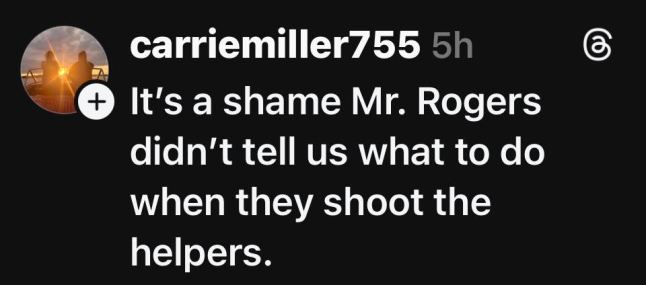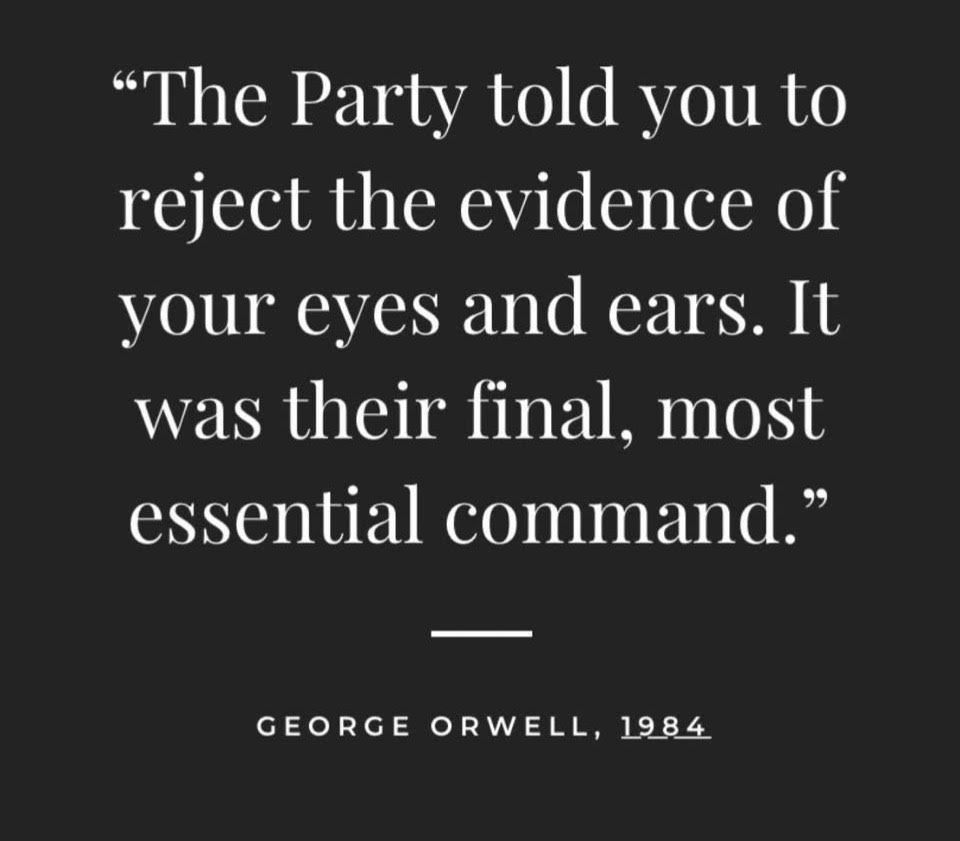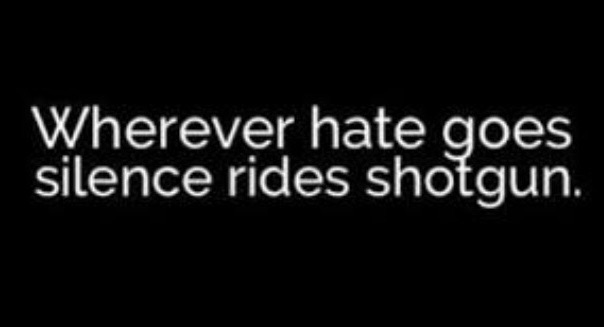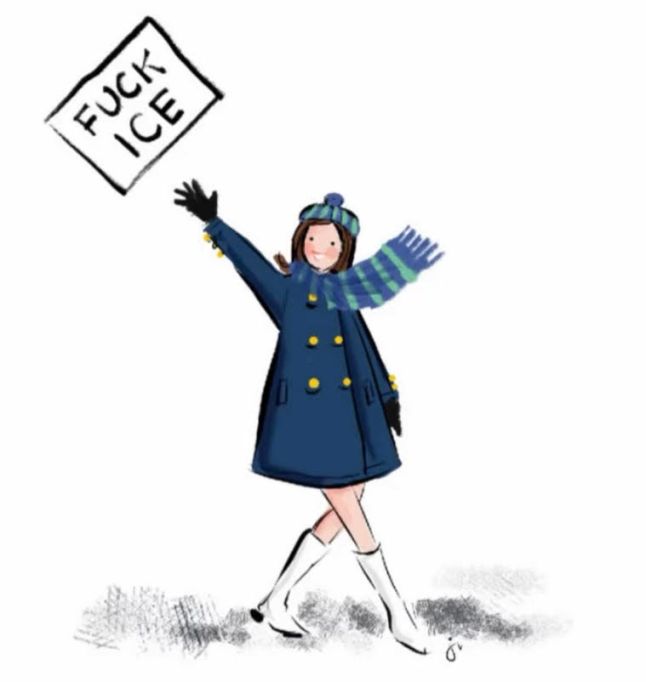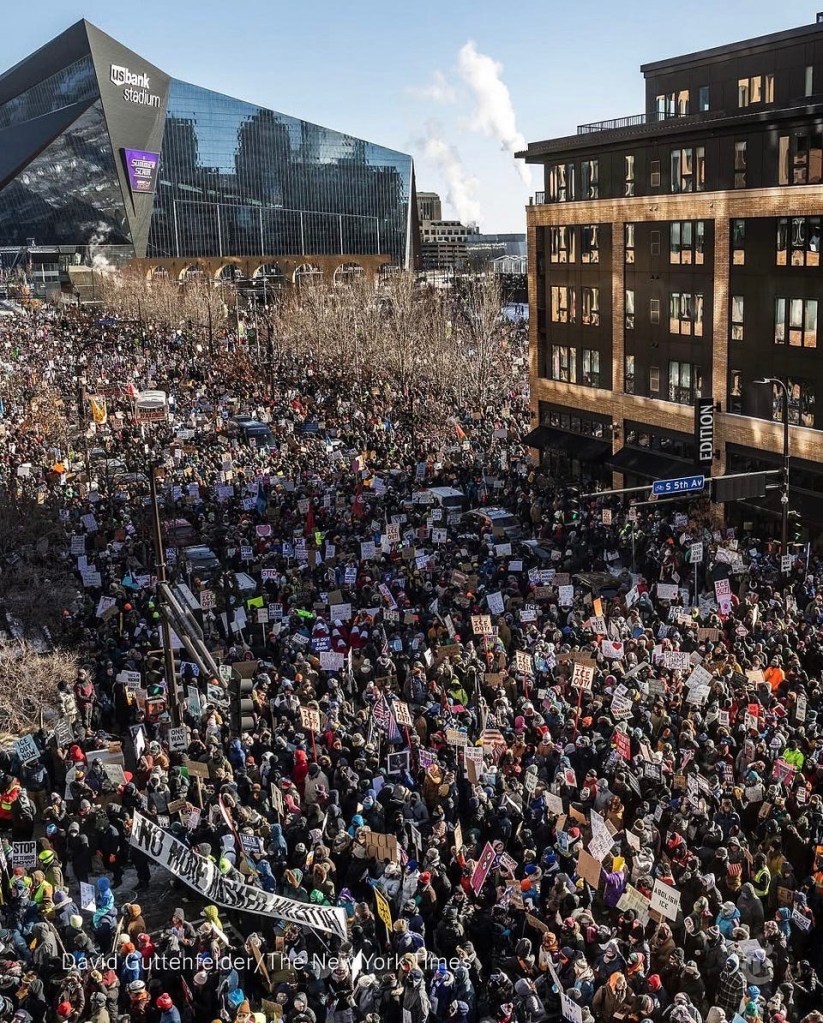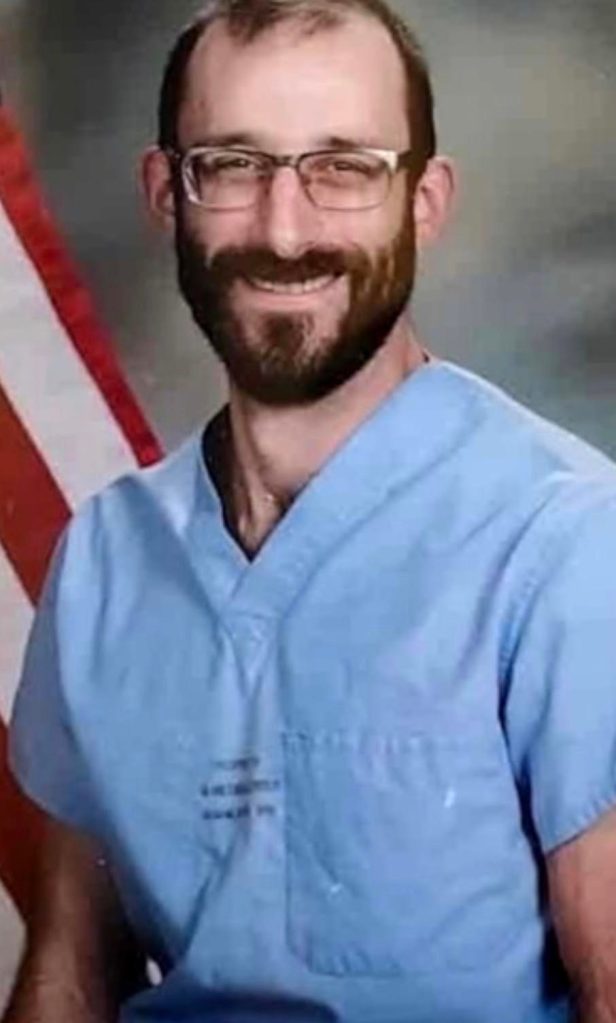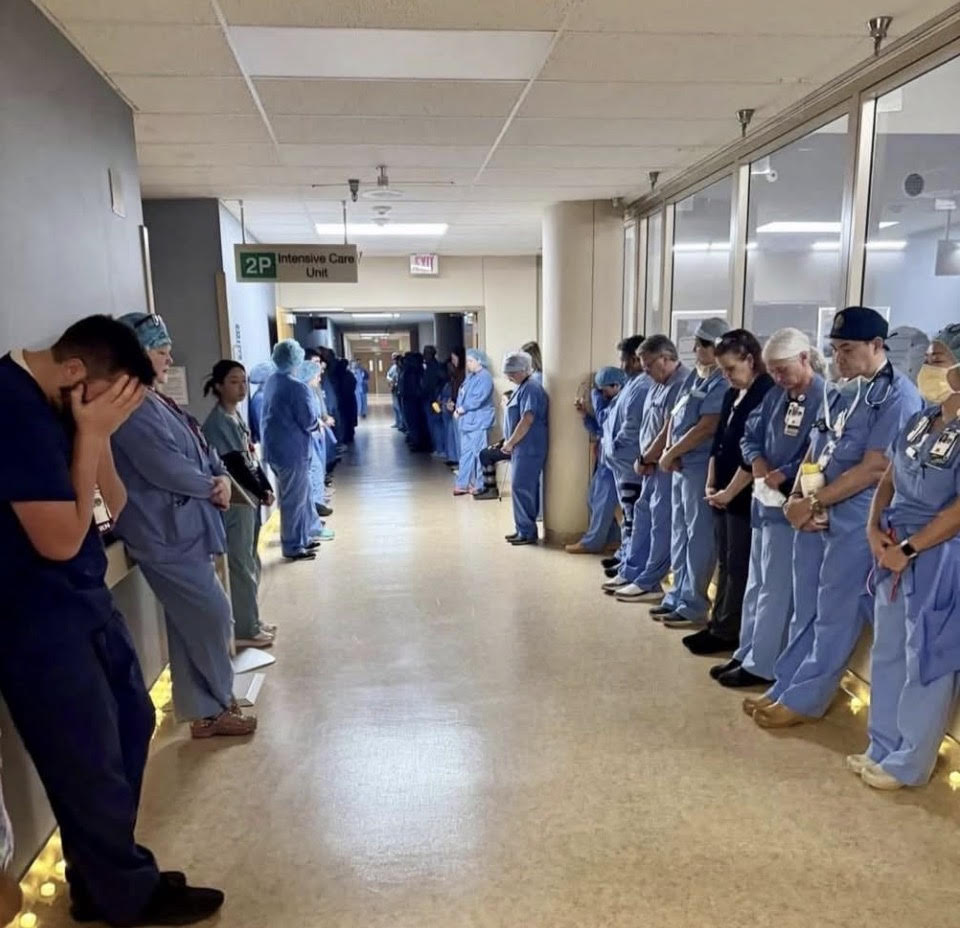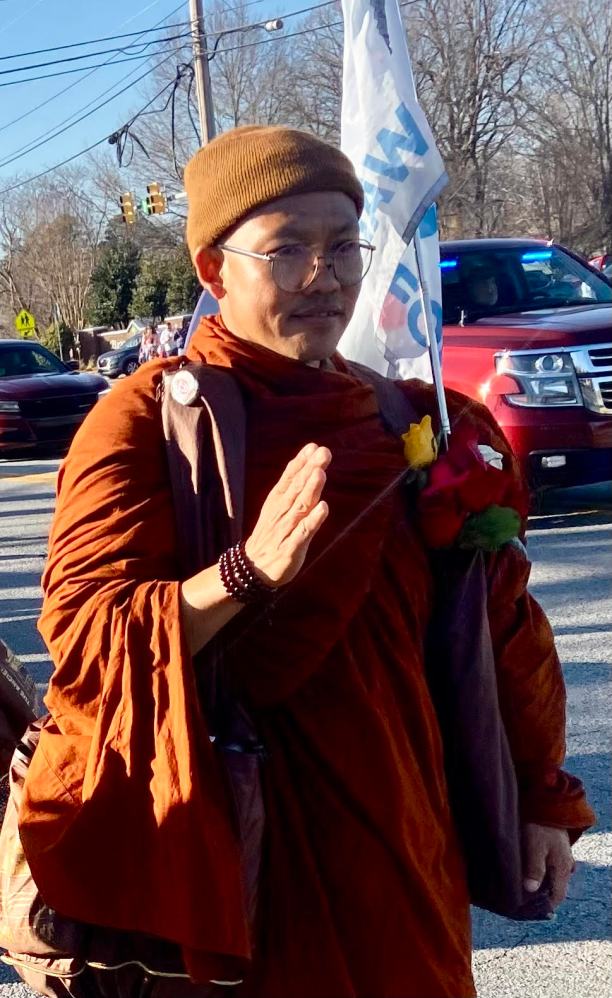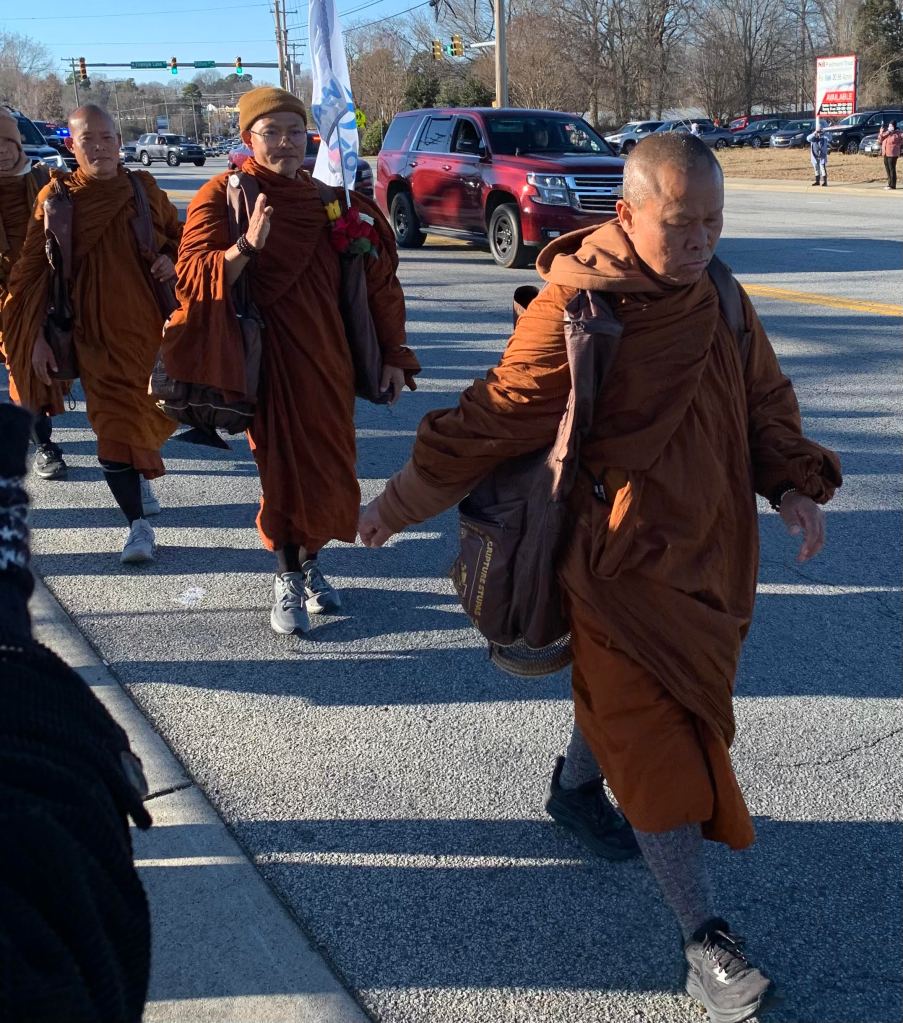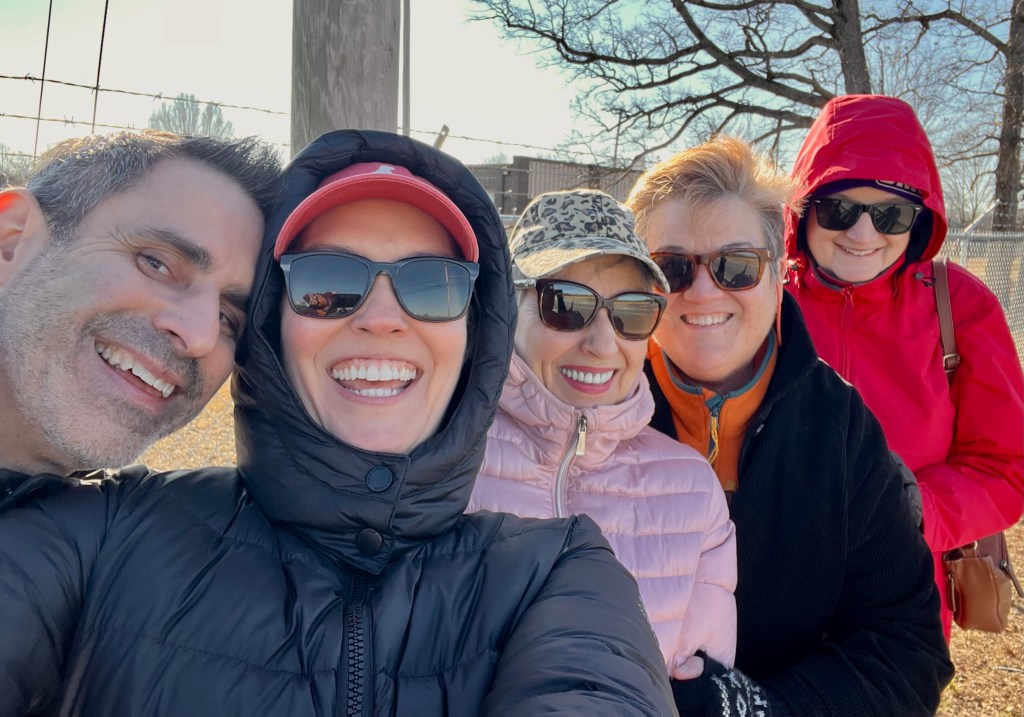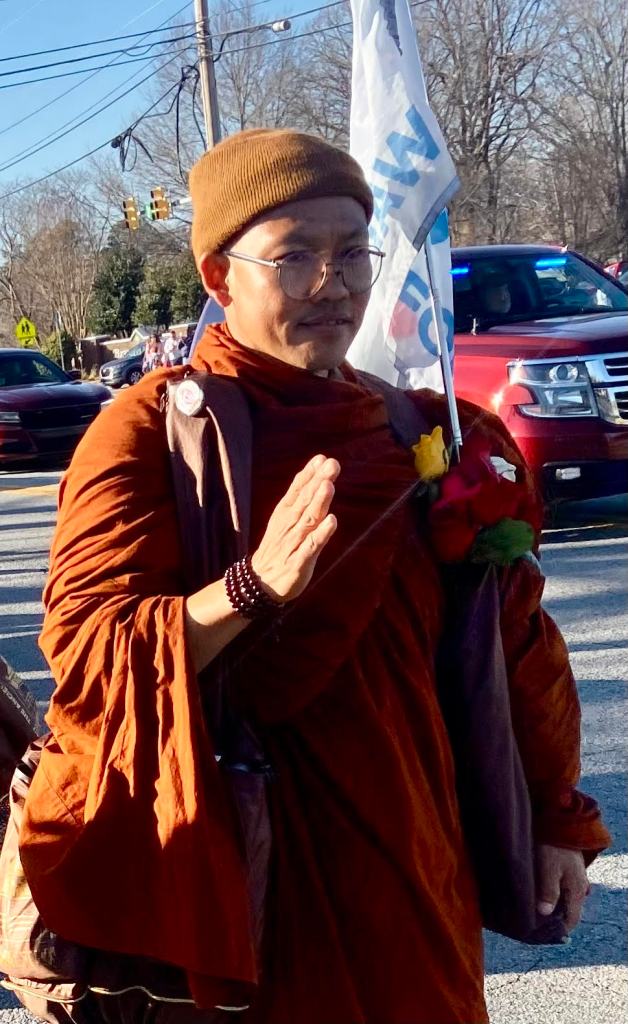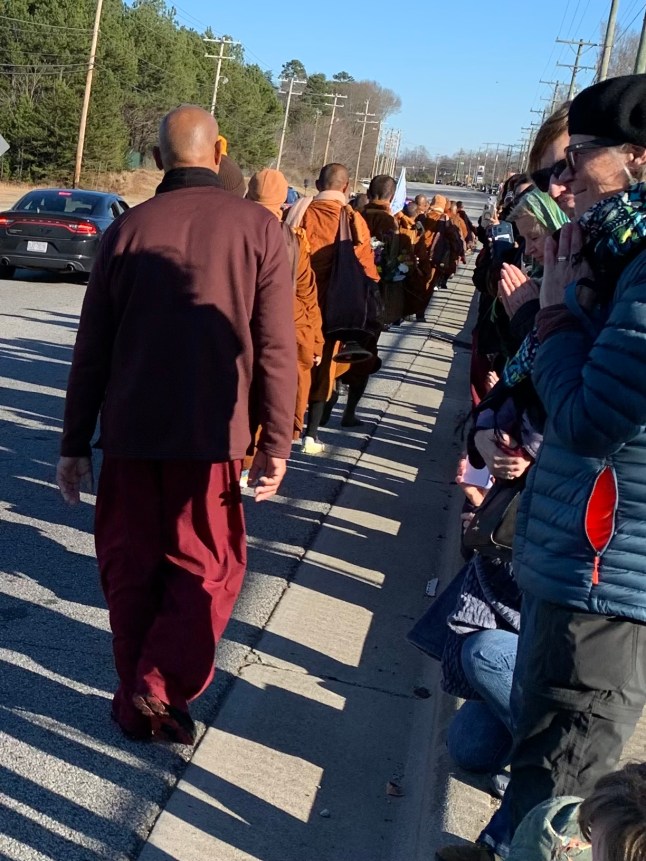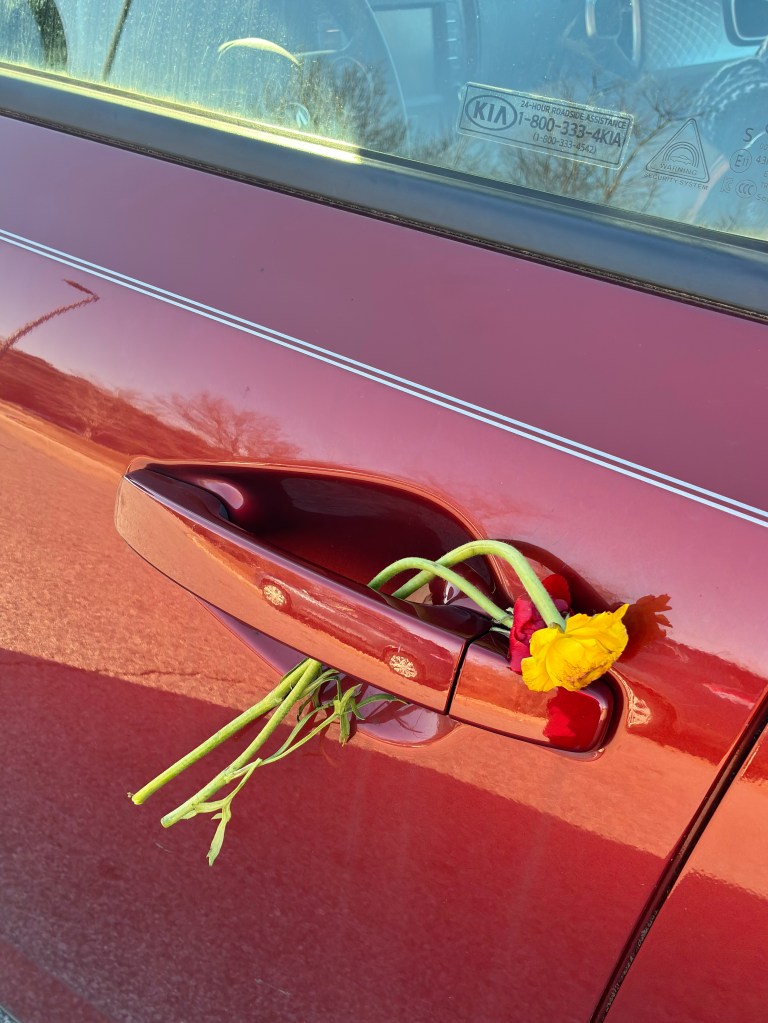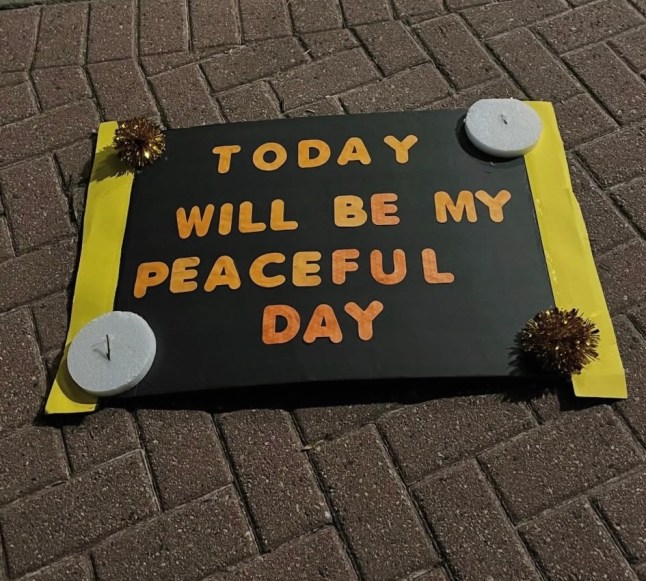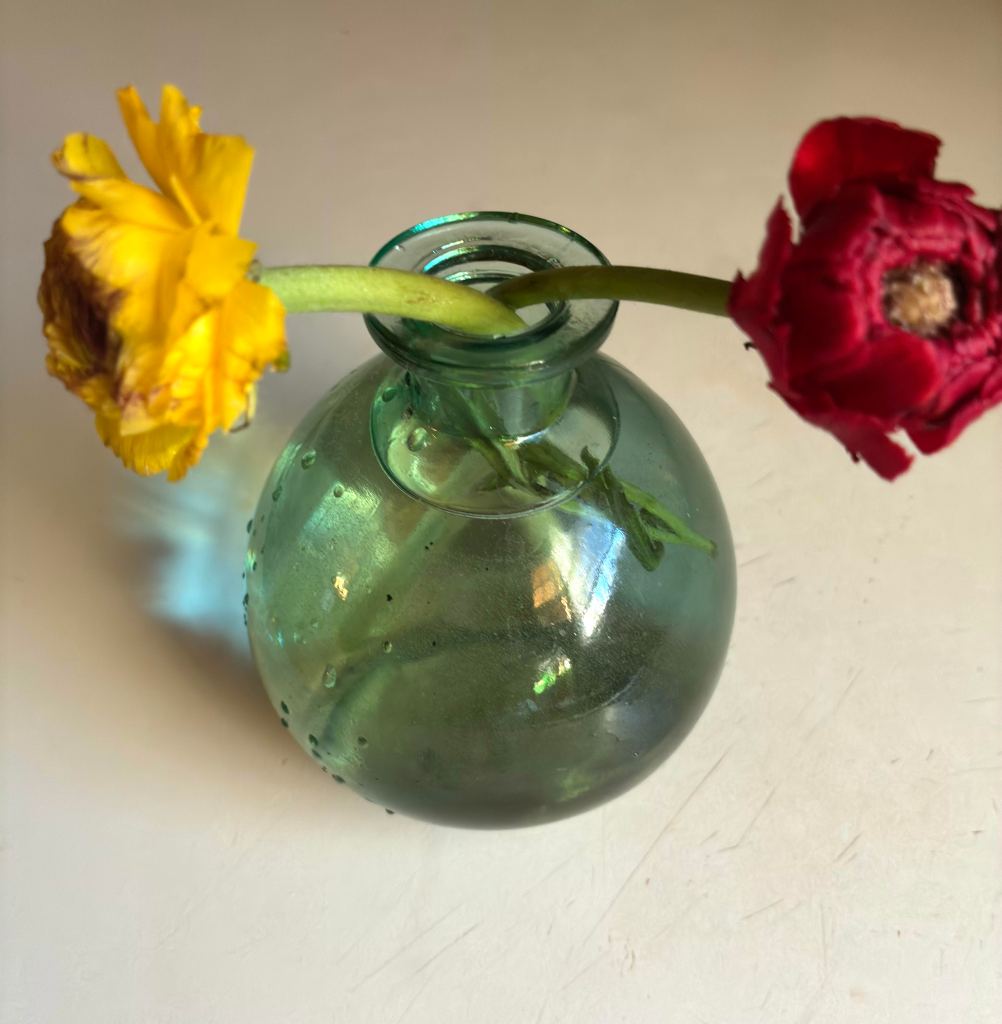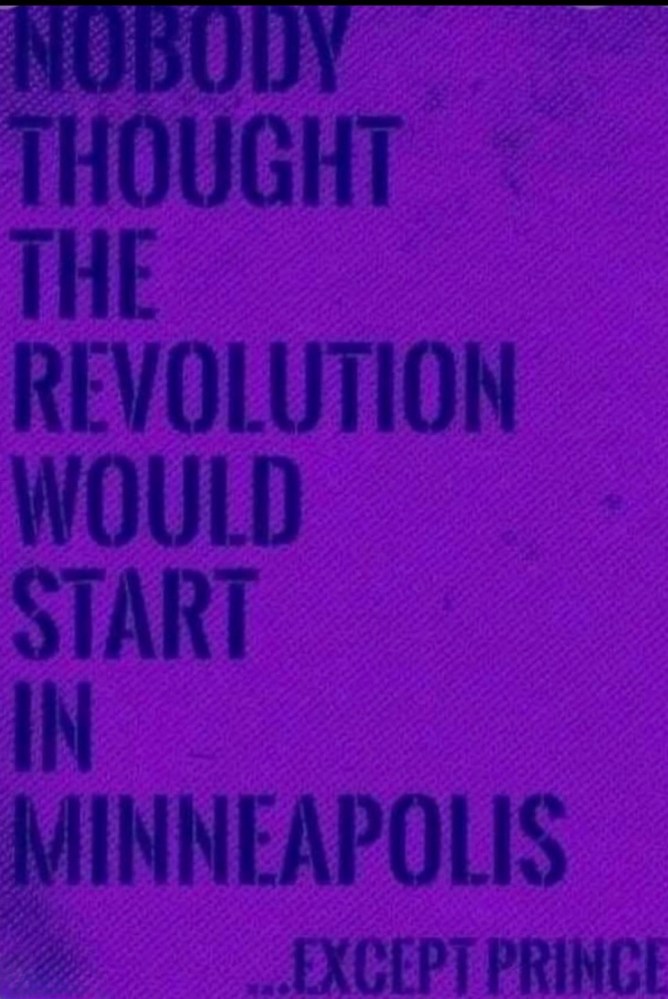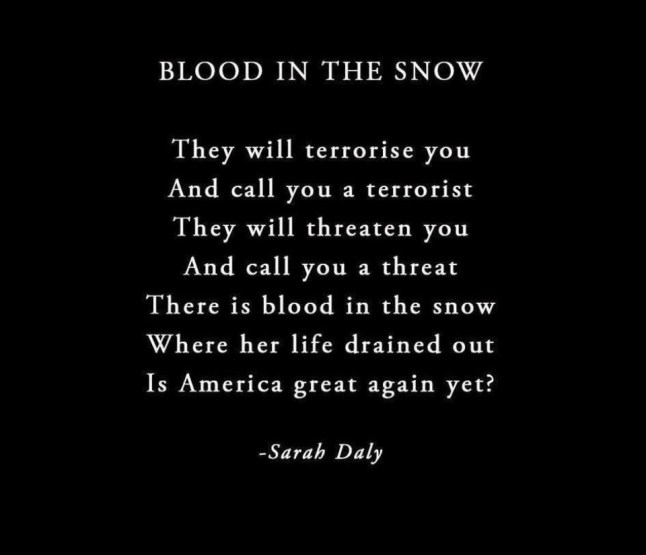Is it just me or do you find yourself crying more easily – and often – these days? And I’m not talking about sorrowful crying like when you miss the dearly departed or your beloved pet, and/or democracy although there’s plenty of those tears to go around. No, I mean the watery emotional response to television, movies, and reels type crying. This kind of reaction has never been foreign to me, but lately I’m a blubbering mess – and I make no apologies for it. Any reminder of our humanity in these dark days – however damp – is a good thing.
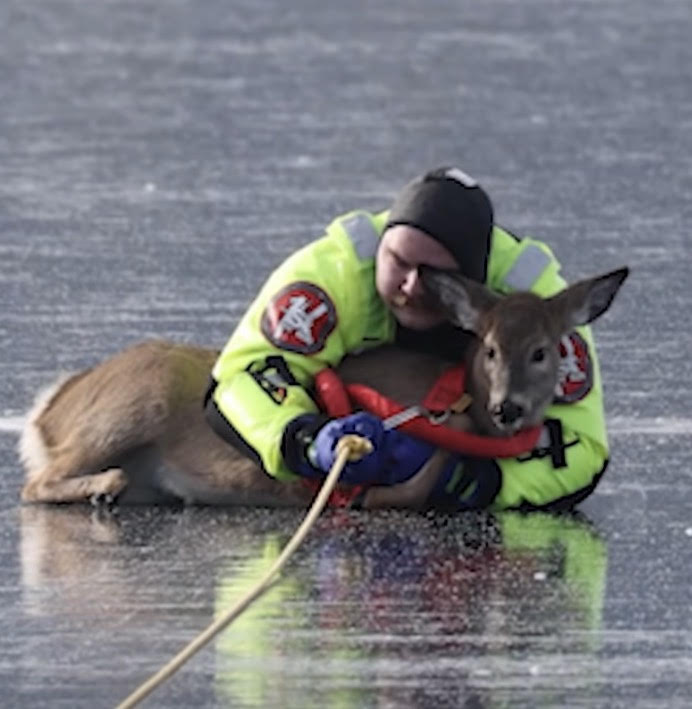
Those animal rescue Instagram reels have always made me tear up, but the other day I watched an emergency responder crawl across an icy lake on his belly to aid a struggling deer who could not get back up on the ice. The close up of the deer’s eyes -clearly frightened – but trusting of the burly man in his neon jacket – broke me. Thank God I was sitting at my desk at the time so there were no witnesses to my weeping. Note: Don’t worry, the deer is fine. Me? TBD.
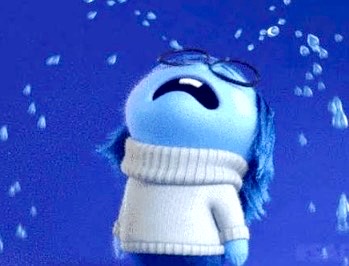
The first six weeks of 2026 have been an Olympic test of endurance for those of us with a thimbleful of compassion and empathy and there have been days we have wobbled and crashed like those figure skaters in Milan who have looked like that deer in the rescue reel. I feel you.
And if the continuous pummeling of our cherished freedoms – including the public execution of American citizens on the streets of Minneapolis – isn’t enough to bring you to your knees – throw in the kidnapping of Savannah Guthrie’s 84-year-old mother and the deaths of some beloved stars like Catherine O’Hara and James Van Der Beek. No wonder I’m dehydrated.
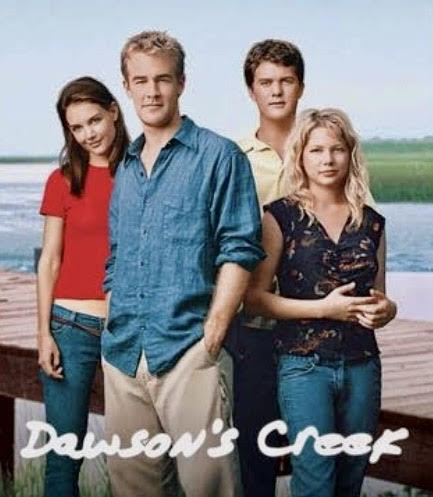
I’m only slightly embarrassed to admit that I was a big Dawson’s Creek fan. Yes, I was closer to my 30th high school reunion than graduation when it aired, but what’s your point? I enjoyed a remarkably pleasant high school experience – even if I thought I was the only gay in the village – and I think Dawson’s reminded me of that happy time in my life. The show dealt with themes important to me – family, friendship and community, And even though the show tackled some tough issues – like grief – there was always some warm, soft lens nostalgic comfort about it – and I find myself longing for Capeside these days.
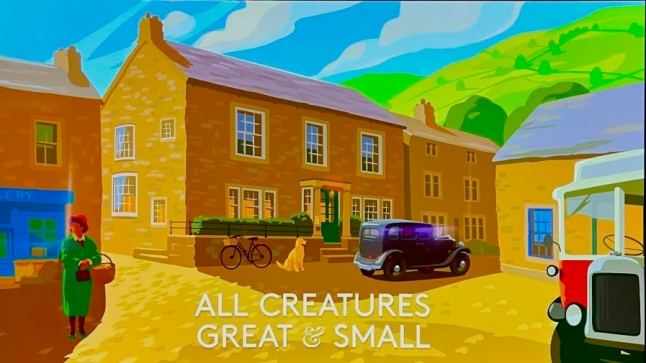
Thankfully, I have the charming little village of Darrowby in the Yorkshire Dales of England to wallow in this month. That’s the setting for the PBS series All Creatures Great and Small based on the autobiographical books by veterinary surgeon James Herriot. The show, now in its sixth season, begins in the mid-1930s and follows the life of a good-natured veterinarian and focuses on the connection and community between the animals and humans in the town. Warning: You will become deeply attached to all of the fine characters, especially Mrs. Hall, the wise and compassionate housekeeper who is always at the ready with a nice cup of tea. No matter what is transpiring in the story, she always makes me feel like everything will be okay.
This week’s episode centered around the long-awaited end of World War II and the small village’s celebration of VJ Day. Everyone meets on the green in the center of town to share food and drink and you can feel their cumulative anguished relief. Everyone in the village – and the entire nation -has suffered and sacrificed for years. An elderly farmer, known as a man of few words, removes his cap and stands to speak and in a voice weathered by years says the words everyone is feeling.
We can celebrate, and we should…We have kept – all of us – the fires burning around here. And whatever shall be, that has to be the thing on which we all agree – keep the fires burning – always.
And as the sun goes down, the villagers assemble on top of the moors for a bonfire and in the distance you can see other fires burning as beacons to acknowledge the end of the war. The episode ends with a small brass band playing “I Vow to Thee, My Country” – a patriotic poem that became a popular Armistice hymn.
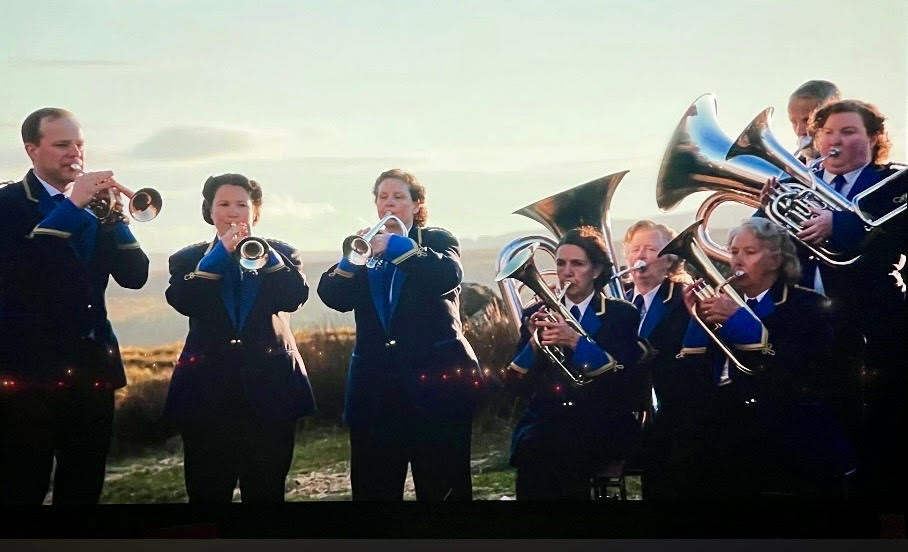
My dear wife and I need to rewatch the last five minutes of the episode because we were both sobbing so loudly we surely missed some things. I’m talking shoulders shaking crying – my wife even snorted once and she’s not in my league as a crier. I want to cry that way again for my country – tears of pride and unity – not those of rage, disappointment, and fear.
Right before I sat down to write this piece, I watched (nervously) American Mikaela Shiffrin win a gold medal in the Alpine skiing slalom. It was the storybook ending that had eluded her at the Games four years ago. Watching Americans on the podium receive their medals and hearing the “Star-Spangled Banner” has long been one of my favorite parts of the Olympics. No surprise here – I always cry – a joyful cry. Not today. Nope, not even a tear. I guess you could say the band was out of tune.
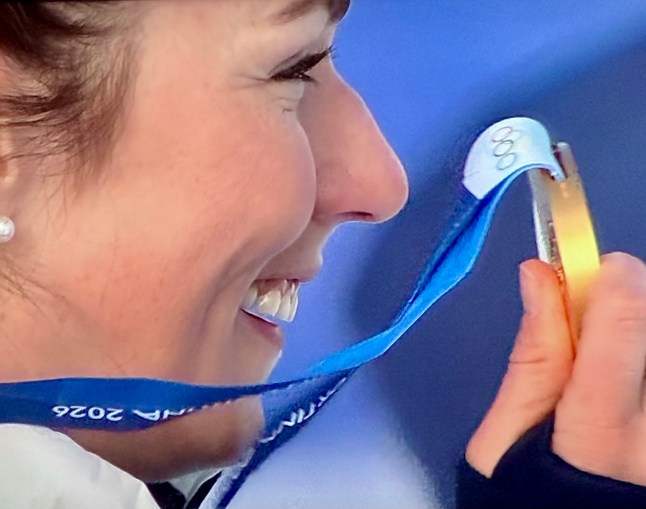
Don’t get me wrong – I love my country – just not this particular season. But I know that old farmer from Darrowby is right – we still have to keep the fires burning – especially the ones in our hearts – if we’re going to get that anthem right again.
Meanwhile, next week is the annual Christmas episode on All Creatures. Don’t worry, I’ll be pre-hydrating. And I know whatever happens, Mrs. Hall will make it all better.
